For some, life can be full of extraordinary stresses. Whether these are environmental, social, or organizational, these challenges can deeply compromise an individual’s sense of well-being and belonging.
Contemplative Psychotherapy is a gentle meditation-based therapy that helps an individual find more balance, body-mind regulation, and self-awareness, while providing tools to develop greater self-acceptance.
Belonging
The term ‘belonging’ can be defined as a state of being at home, feeling fully accepted in the world. Brené Brown (2010) says, “True belonging never asks us to change who we are.” It is a state of being fully embraced for the full spectrum of what each of us naturally brings into the day to day world. Yet, this isn’t always possible when systemic structures are not welcoming, stressful, or even damaging to an individual’s mental and physical health.
Meditation-based therapies can offer both holistic and practical techniques for exploring and transforming the inner world so that one can feel a strong sense of this inner-belonging while they walk about the Earth.
Contemplative Psychotherapy
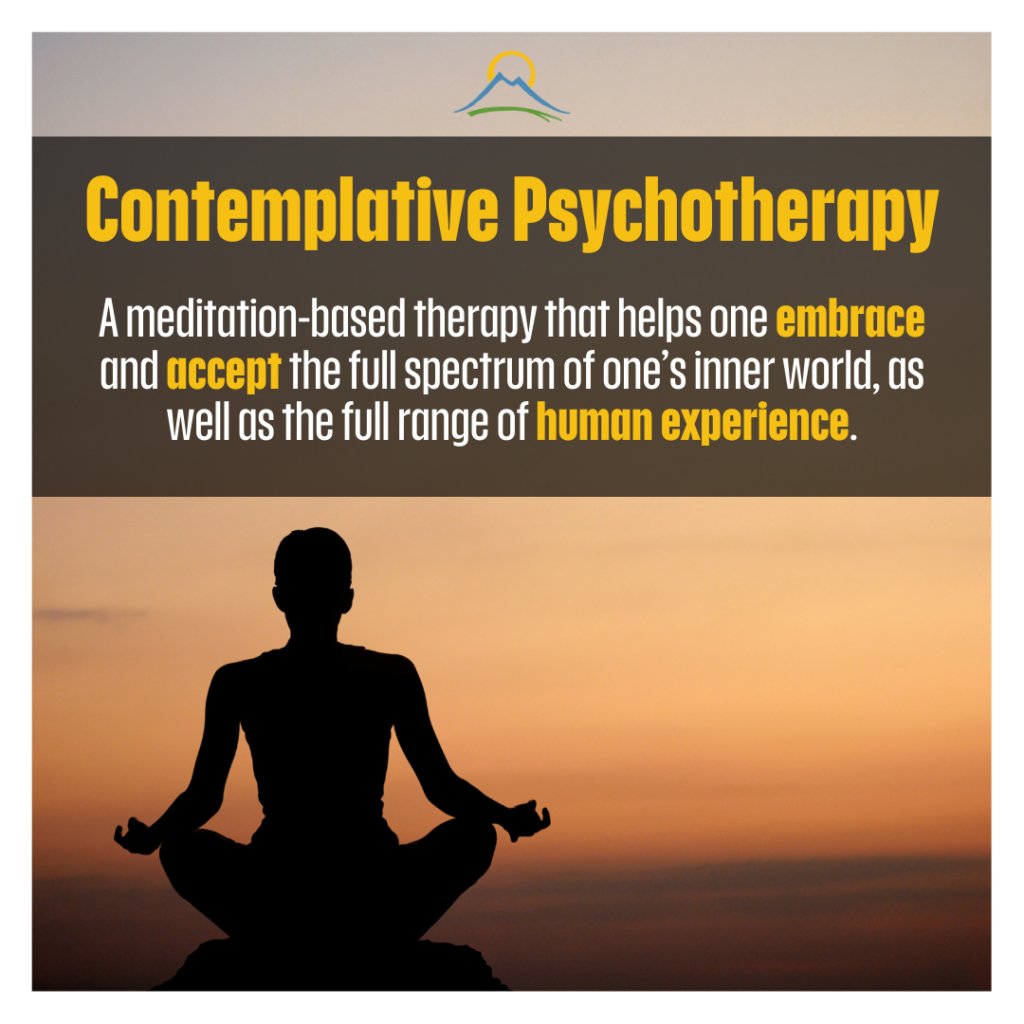
Contemplative Psychotherapy, specifically, is a meditation-based therapy that helps one embrace and accept the full spectrum of one’s inner world, as well as the full range of human experience. This is done through varied meditations on the body, emotions, and thoughts.
From a neuroscience perspective, research has shown that when we do meditations that specifically focus on the body it will activate areas of the brainstem, which can result in balancing the nervous system in both social and individual situations (Siegel, 2010). This leads to a sense of being more comfortable in one’s own body.
When we meditate on emotions and compassion, it activates the limbic part of our brain (Lutz et al., 2008), bringing emotional well-being and the ability to have greater connection and understanding for ourselves and others. When we practice mindfulness meditations with a focus on our thoughts, it activates the neocortex (Siegel, 2010), leading to more clarity and presence in life. This can help a person feel more confident with ‘being’ oneself in the world. Each of these types of awareness help lead to a greater sense of mind-body wellness and belonging.
Feeling at Home in our Lives
Many people don’t feel safe and at ease in their lives, and this is magnified by untold unhealthy environments. A contemplative-oriented therapist can help by offering inner tools to overcome past traumas and current stresses, so that an individual can feel more at ‘home’ each day wherever they dwell. If this sounds like something that may be beneficial for you, please reach out at [email protected].
References:
- Brown, B. (2010). The Gifts of Imperfection: Let Go of Who You Think You’re Supposed to Be and Embrace Who You Are. Hazelden Publishing.
- Lutz, A., Brefczynski-Lewis, J., Johnstone, T., Davidson, R. J., & Baune, B. (2008). Regulation of the neural circuitry of emotion by compassion meditation: effects of meditative expertise. Plos One, 3(3). https://doi.org/10.1371/journal.pone.0001897
- Siegel, D.J. (2010). Mindsight: The New Science of Personal Transformation. Bantam Books.
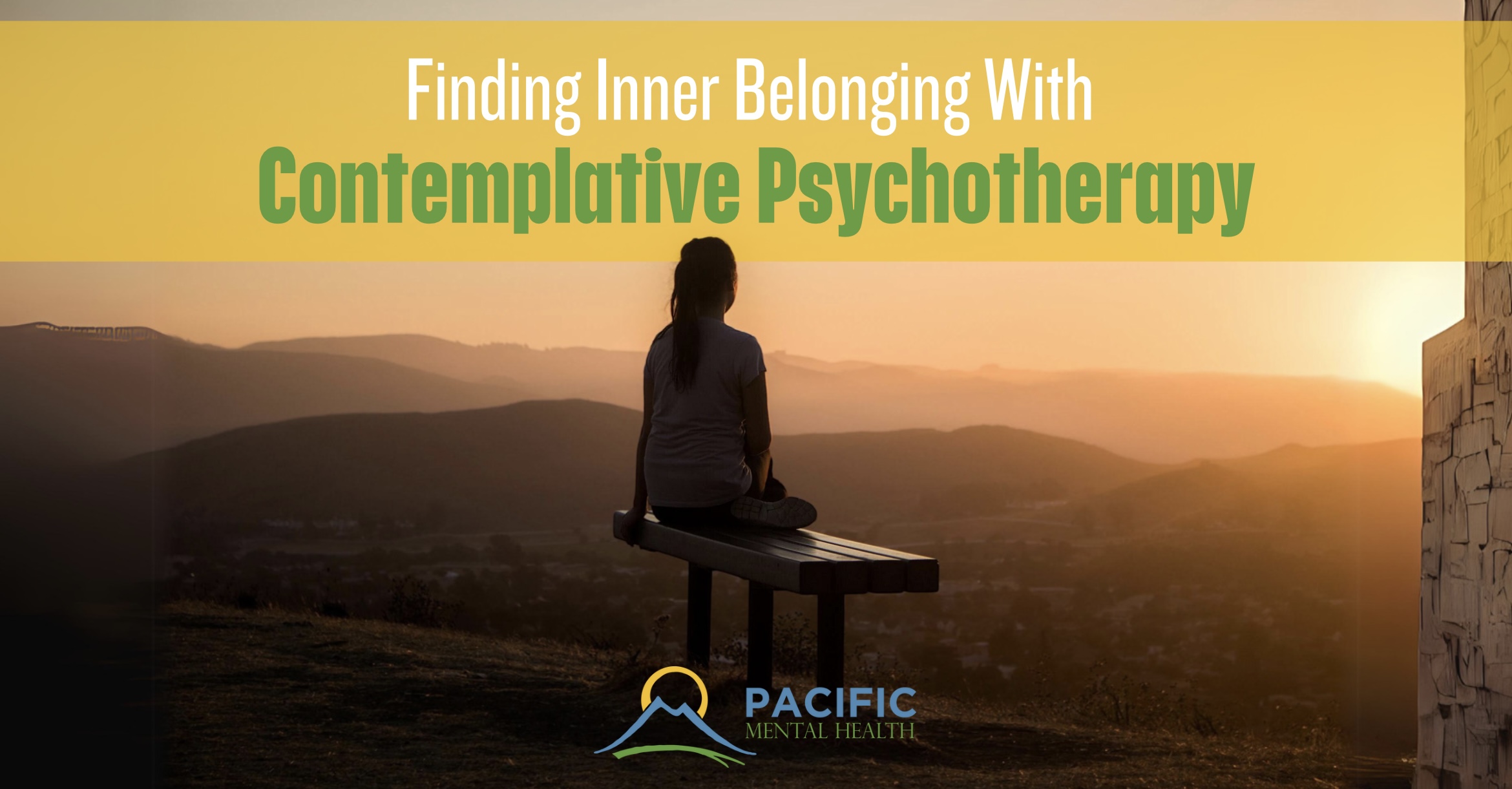

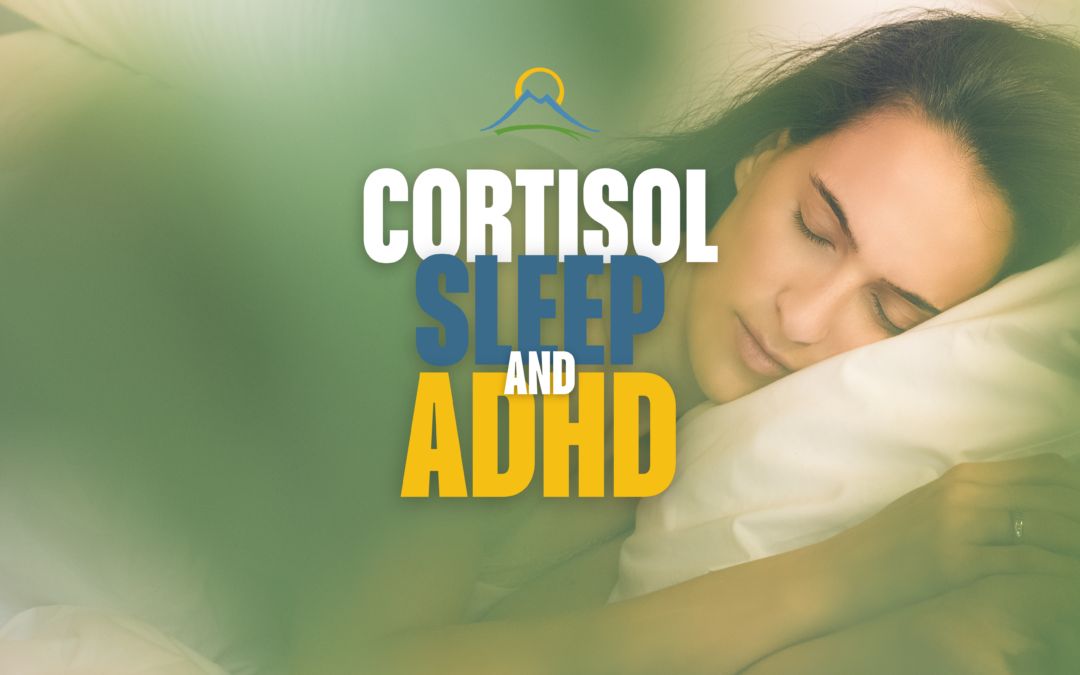
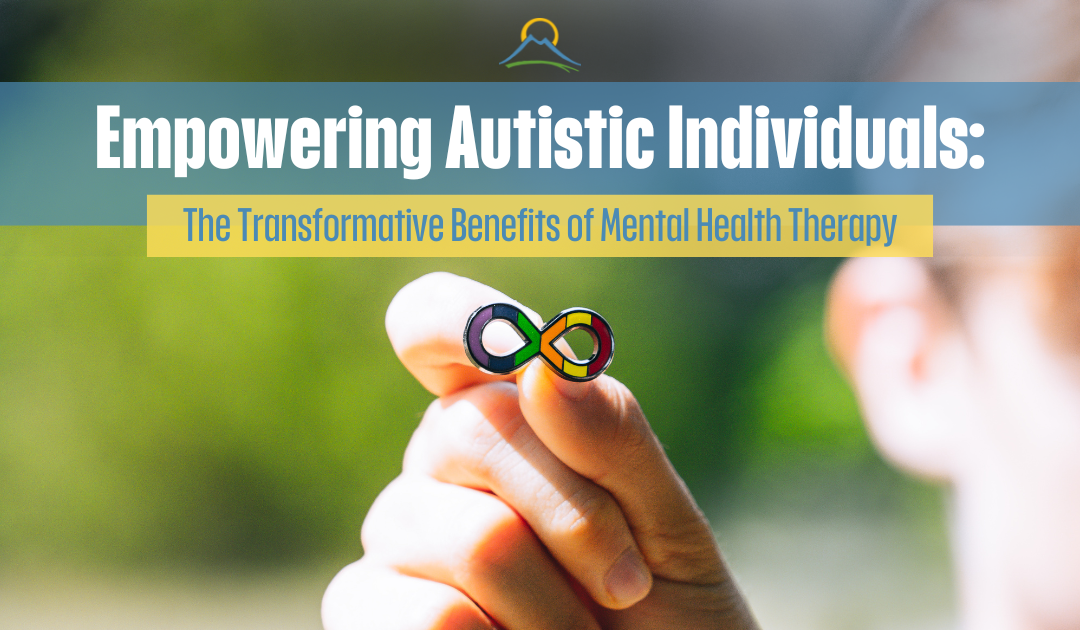


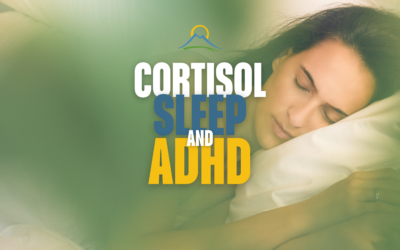


0 Comments